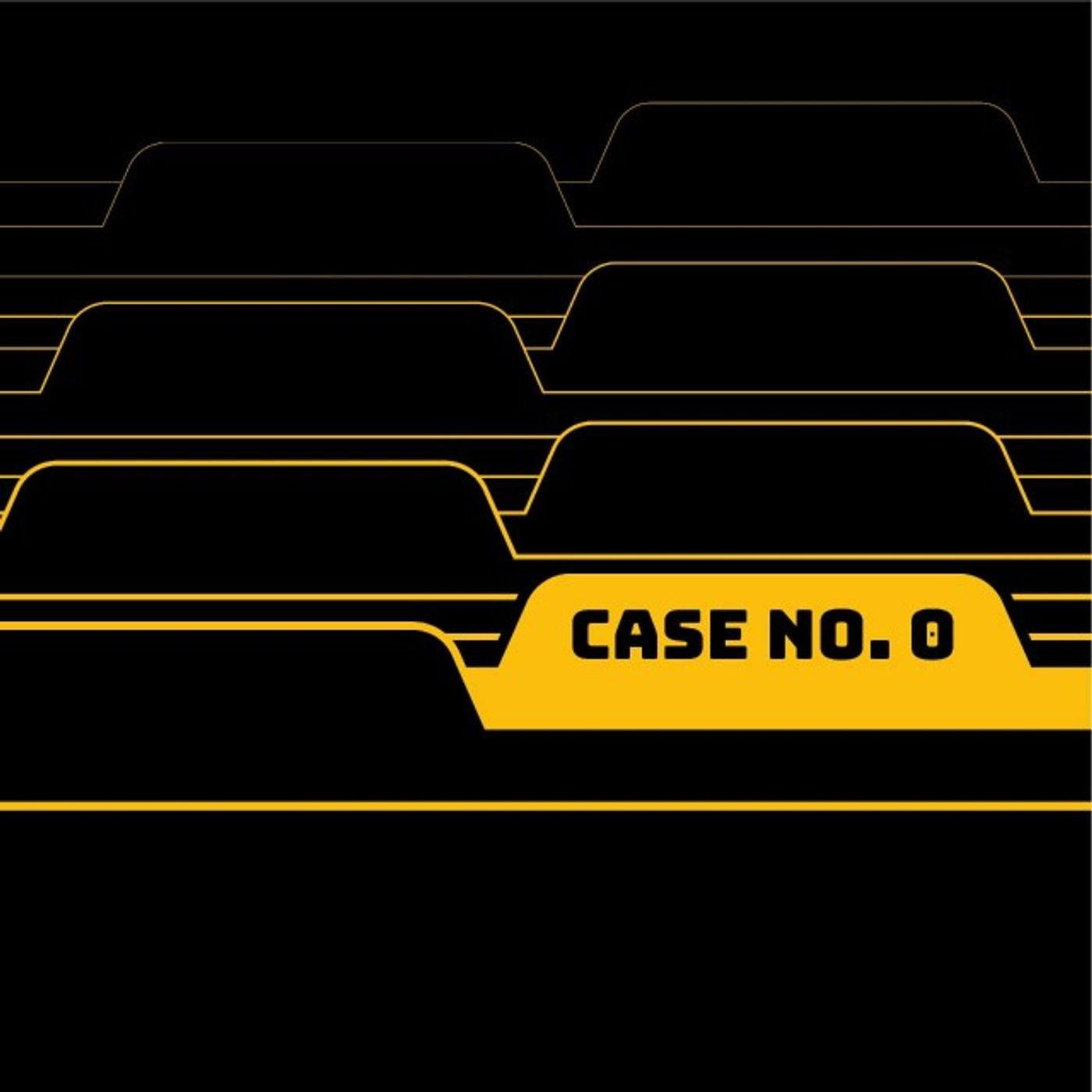A Brilliant Kenyan Series Tries To Find a Missing Journalist
What do you do when you don’t find an answer?
“The difference between doing an investigative podcast and a regular podcast is there is so much work happening on an investigative one behind the scenes,” says Vincho Ndovu, producer of the Kenyan podcast series Case Number Zero which explores the disappearance of journalist (and close friend of Vincho’s) Bogonko Bosire. “I would say for me the biggest thing was to not be in a hurry.”
Tip 1# - How to investigate the disappearance of a close friend
“Up until the very end we were talking, we were fighting. Just as friends do. And I knew his family. It was super hard and it took a lot out of me,” she says. Perhaps as a result of this closeness, Case Number Zero isn’t just a disappearance podcast, but a portrait of a self-destructive, effervescent, magnetic journalist (and by extension the journalistic landscape in Kenya). I found this particularly fascinating. They start each episode with a piece of his writing where he struts around Nairobi looking for women (and inevitably getting heart broken).
Vincho (even though she is not the main host of the podcast she does appear sporadically) managed to convey a sense of “urgency” and “torture” that comes with looking for a close friend. A new project that she’s working on doesn’t have this “personal angle” and, she says, it’s a struggle to create an emotional connection with the audience.
The Nation newspaper in Kenya didn’t produce the podcast, but they did help with distribution. They embedded the episodes on their website and wrote weekly articles (and in return they got an exclusive deal to run the podcast before it was available on any other platform).
LISTEN NOW: In September 2013 Kenyan journalist turned blogger Bogonko Bosire disappeared. "Case Number Zero" is the podcast of a long, hard investigation into where Bosire went.
Listen on Apple Podcasts | Spotify
Tip 2# - What do you do when you don’t find an answer
“Going in I told the family that we are not going to find an answer,” Vincho says. "And it’s still like haunting me." They edited the final episode and immediately knew that it wasn’t working. “It was so bad,” she says. They came in the next day, recut it and it was still a flop. The problem: because of Vincho’s closeness to the family she was holding back in portraying them realistically (and a tad negatively). “I was self-censoring. The moment I stopped being so controlling and asked myself ‘What needs to be told? What are we feeling?’ then it had room to breathe.“ She said to Bosire’s sister and mum that they could listen and if they weren’t happy then they wouldn’t run it, but they agreed and were thankful for the honesty.
Vincho didn’t make any money from this podcast. This was a “proof of concept” for the five other investigative series she has in the works (set in Uganda, Kenya, Nigeria and Zambia). She’s planning to sell these ones. “But actually I have a day job. I’m a film producer,” she says, suggesting that making money from these types of podcasts is tough.
For Case Number Zero she got a lot of financial support from Bosire’s friends. 100 dollars here. 350 dollars there (that was the highest contribution). She got equipment donated and studio time for free. Everyone worked without getting paid because they knew Bosire. “It’s not so easy with these other podcasts though,” she says laughing.
All the best,
Paul
LISTEN NOW: In September 2013 Kenyan journalist turned blogger Bogonko Bosire disappeared. "Case Number Zero" is the podcast of a long, hard investigation into where Bosire went.
Listen on Apple Podcasts | Spotify




